Podcast: Play in new window | Download (Duration: 3:53 — 2.7MB) | Embed
Subscribe: Apple Podcasts | Spotify | Amazon Music | Android | Pandora | iHeartRadio | JioSaavn | Podchaser | Gaana | Podcast Index | Email | TuneIn | Deezer | Anghami | RSS | More
A Novena in honor of Ven. Bruno Lanteri, founder of the Oblates of the Virgin Mary
Day 3 – Turning toward Spiritual Joy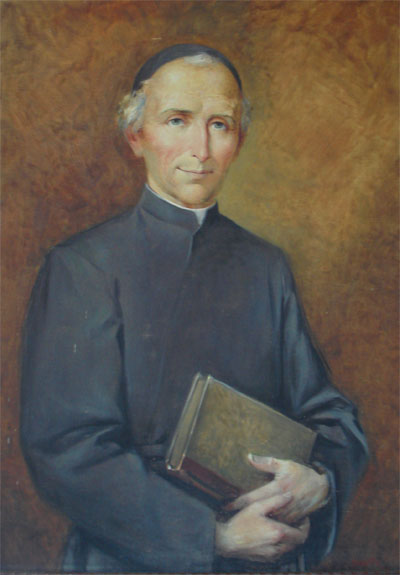
“Spiritual joy is experienced when one ponders the spiritual goods it possesses. What are these goods? Participation in the divine nature (as children of God), union with Jesus Christ, being in the bosom of the Church as her children, God’s special protection, the gifts of the theological virtues, the Sacraments, the communion of saints, grace, friendship with God, the merits of our actions, the glory of heaven that is already almost ours by the firm hope we have (as a son already almost possesses the inheritance that awaits him from his father).
This is the joy that we must seek. Few possess it, because they fail to call these
goods to mind and fail to understand how valuable they are. They are like people who never stop to look at a beautiful painting, or to listen to beautiful music, and really enjoy them. They are like children who possess precious things but do not realize how valuable
they are. Such people fail to ponder and take delight in the state of grace.Unlike worldly joy, spiritual joy is true joy; it is not based on anything false or illusory. It is to be preferred to all else, because it is good, holy, and superior to anything temporal. Spiritual joy is angelic, because the angels themselves experience it. It is real, and it strengthens.”
Most Holy Trinity, Father, Son and Holy Spirit, you created me in your plan of love. You created all the things on the face of the earth to help me find true happiness. Fully aware of my weakness, I resolve this day to treasure the gifts that are mine by faith.
Daily Novena Prayer
Venerable Bruno Lanteri, I come to you confident in the words of Jesus: Ask and you shall receive (Matthew 7:7). You said, “It is impossible to hope too much; the one who hopes for everything attains everything.” You taught that the greatest miracles are those that change the heart. Through your intercession, may the good God, whose infinite mercy surpasses all the malice of the world, console my heart and grant my request.
By your prayers keep my poor heart in peace, protect me from discouragement, and help me to serve God with a holy joy. Amen.
O Father, fountain of all life and holiness you gave Father Bruno Lanteri great faith in Christ, your Son, a lively hope, and an active love for the salvation of his brethren. You made him a prophet of your Word and a witness to your Mercy. He had a tender love for Mary and by his very life he taught fidelity to the Church. Father, hear the prayer of your family and, through the intercession of Fr. Lanteri, grant us the grace for which we now ask…. May he be glorified on earth that we may give you greater praise.
We ask this through your Son, Jesus Christ, our Lord. Amen.

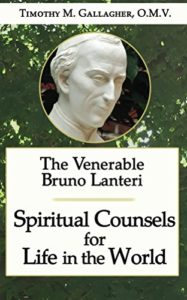
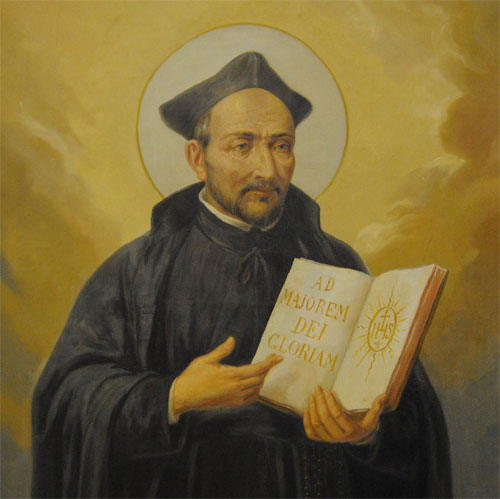
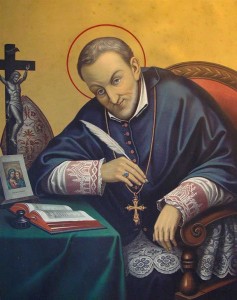
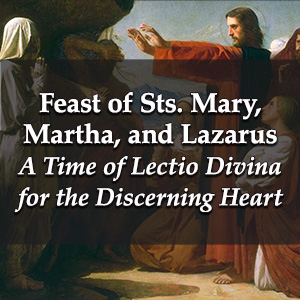 Feast of Sts. Mary, Martha, and Lazarus – A Time of Lectio Divina for the Discerning Heart Podcast
Feast of Sts. Mary, Martha, and Lazarus – A Time of Lectio Divina for the Discerning Heart Podcast
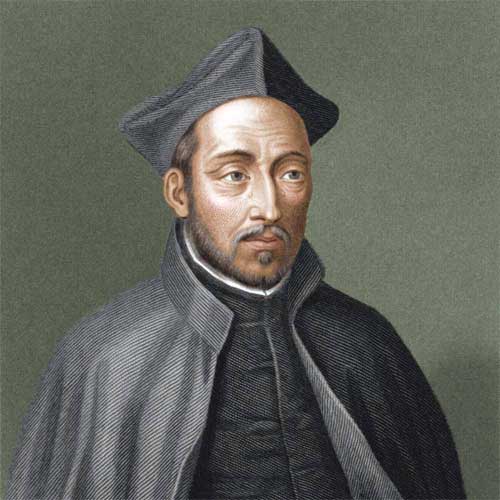
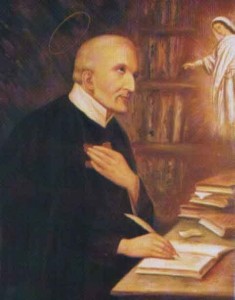
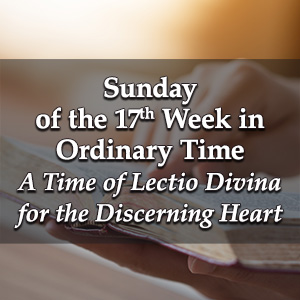 Sunday of the Seventeenth Week in Ordinary Time – A Time of Lectio Divina for the Discerning Heart Podcast
Sunday of the Seventeenth Week in Ordinary Time – A Time of Lectio Divina for the Discerning Heart Podcast